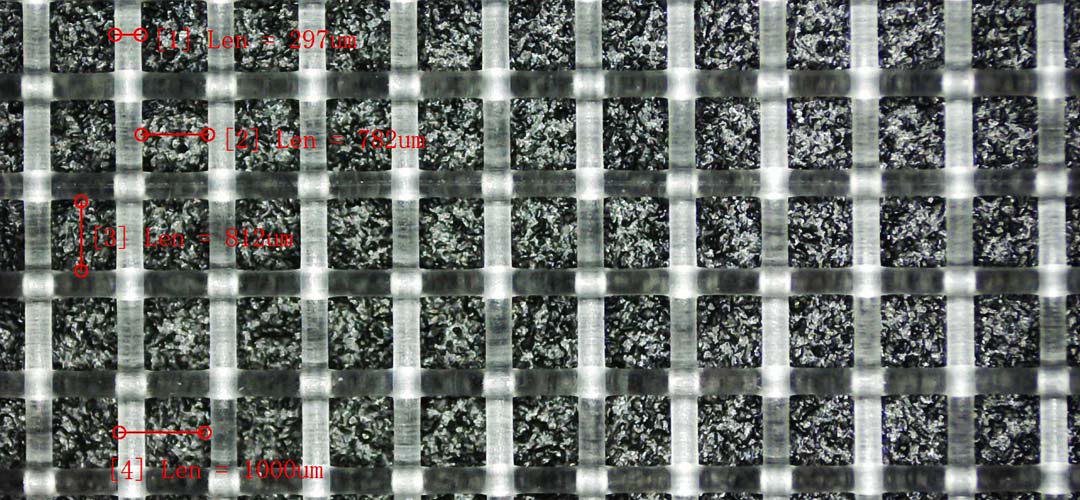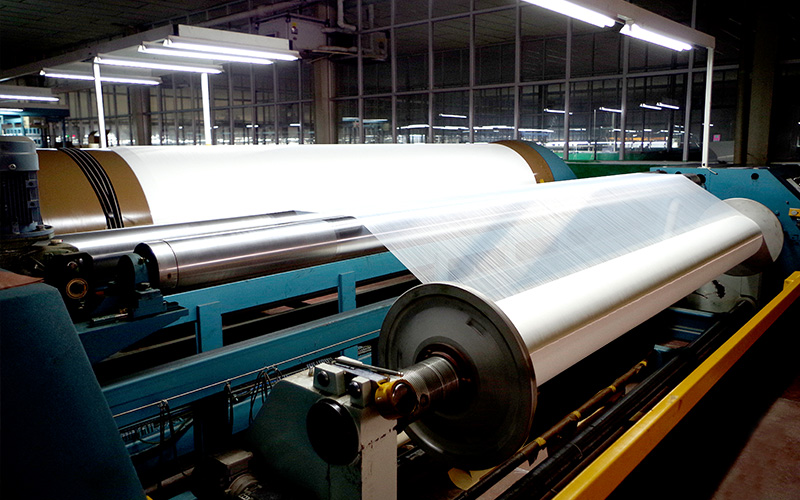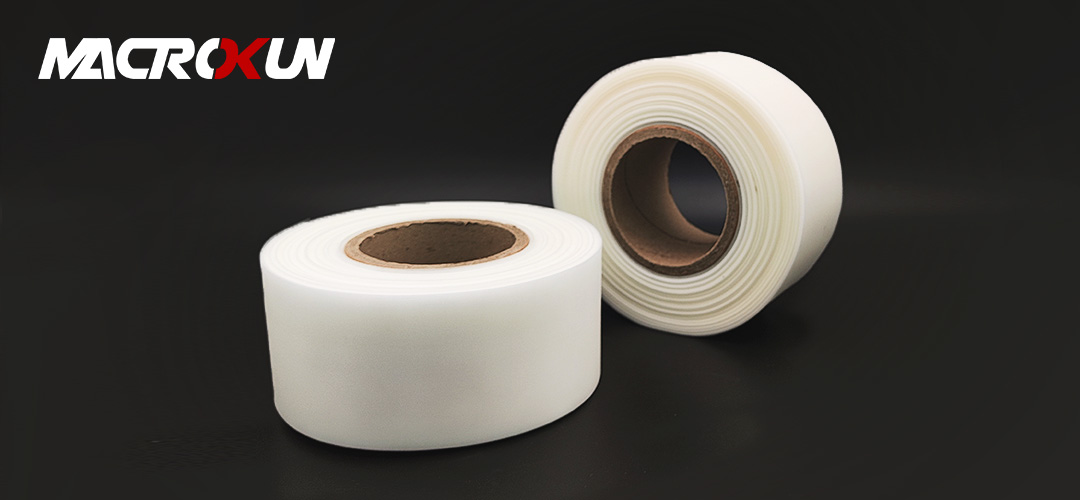Nylon mesh screen fabric is a versatile material that is commonly used in filtration applications due to its durability, flexibility, and high performance. This type of fabric is made from synthetic fibers that are woven together to create a mesh structure that allows for the passage of fluids while capturing particles of various sizes. In this article, we will explore the benefits of using nylon mesh screen fabric for filtration and how it can improve filtration performance in a wide range of industries.
One of the key advantages of nylon mesh screen fabric is its ability to effectively capture particles of different sizes. The mesh structure of the fabric allows for the passage of fluids while trapping particles that are larger than the openings in the mesh. This makes nylon mesh screen fabric an ideal choice for applications where precise filtration is required, such as in the pharmaceutical, food and beverage, and chemical industries.

Additionally, nylon mesh screen fabric is highly durable and resistant to wear and tear. This makes it a cost-effective option for filtration applications that require frequent cleaning and maintenance. The strong synthetic fibers used in nylon mesh screen fabric are able to withstand harsh chemicals, high temperatures, and abrasive materials without losing their filtration efficiency. This durability ensures that the fabric will last longer and provide consistent filtration performance over time.
Another benefit of using nylon mesh screen fabric for filtration is its flexibility and versatility. The fabric can be easily cut and shaped to fit different filtration systems and applications, making it a versatile option for a wide range of industries. Whether you need a small filter for a laboratory setting or a large filter for an industrial process, nylon mesh screen fabric can be customized to meet your specific requirements.
In addition to its durability and flexibility, nylon mesh screen fabric is also easy to clean and maintain. The smooth surface of the fabric allows for easy removal of trapped particles, making it simple to clean and reuse the fabric multiple times. This not only saves time and money on replacement filters but also reduces waste and environmental impact.
Furthermore, nylon mesh screen fabric is available in a variety of mesh sizes and configurations to suit different filtration needs. Whether you need a fine mesh for capturing small particles or a coarse mesh for larger particles, there is a nylon mesh screen fabric option that will meet your specific requirements. This customization allows for precise filtration performance and ensures that the fabric will effectively capture the particles you need to remove from your process.
Overall, nylon mesh screen fabric offers a wide range of benefits for filtration applications, including high performance, durability, flexibility, and ease of maintenance. By choosing nylon mesh screen fabric for your filtration needs, you can improve filtration performance, reduce maintenance costs, and increase the efficiency of your processes. Whether you are in the pharmaceutical, food and beverage, chemical, or any other industry that requires precise filtration, nylon mesh screen fabric is a reliable and cost-effective option that will help you achieve optimal results.
Nylon mesh screen fabric has emerged as a pivotal component in enhancing filtration efficiency across various industries. Its unique properties, including durability, flexibility, and resistance to chemicals, make it an ideal choice for applications requiring high-performance filtration. The structure of nylon mesh allows for precise control over pore size, which is crucial in determining the effectiveness of a filtration system. By selecting the appropriate mesh size, manufacturers can optimize the filtration process to capture specific particles while allowing desired substances to pass through. This capability is particularly beneficial in industries such as water treatment, pharmaceuticals, and food processing, where the purity of the final product is paramount.
Moreover, the lightweight nature of nylon mesh contributes to its efficiency. Unlike heavier materials, nylon mesh can be easily integrated into existing filtration systems without adding significant weight or bulk. This characteristic not only simplifies installation but also enhances the overall performance of the filtration system. The flexibility of nylon mesh allows it to conform to various shapes and sizes, ensuring a snug fit in diverse applications. As a result, the risk of bypassing unfiltered substances is minimized, leading to improved filtration outcomes.
In addition to its physical properties, nylon mesh screen fabric exhibits excellent resistance to abrasion and wear. This durability ensures that the mesh maintains its integrity over time, even in demanding environments. As filtration systems are often subjected to high flow rates and varying pressures, the ability of nylon mesh to withstand these conditions without degrading is a significant advantage. Consequently, businesses can rely on nylon mesh to provide consistent filtration performance, reducing the need for frequent replacements and maintenance.

Another critical aspect of nylon mesh is its compatibility with various cleaning methods. In many filtration applications, the ability to clean and reuse the mesh is essential for maintaining efficiency and reducing operational costs. Nylon mesh can be easily cleaned using chemical or mechanical methods, allowing for the removal of accumulated particles and contaminants. This reusability not only extends the lifespan of the filtration system but also contributes to sustainability efforts by minimizing waste.
Furthermore, the versatility of nylon mesh screen fabric extends to its application in different filtration processes, including liquid, air, and gas filtration. In liquid filtration, nylon mesh effectively captures sediments, algae, and other impurities, ensuring that the final product meets quality standards. In air filtration, it plays a crucial role in trapping dust, pollen, and other airborne particles, thereby improving indoor air quality. Similarly, in gas filtration, nylon mesh can be utilized to remove contaminants, enhancing the safety and efficiency of industrial processes.
The advancements in nylon mesh technology have also led to the development of specialized coatings and treatments that further enhance its filtration capabilities. These innovations allow for the customization of nylon mesh to meet specific industry requirements, such as increased chemical resistance or enhanced hydrophobic properties. As a result, businesses can tailor their filtration solutions to address unique challenges, ensuring optimal performance in their operations.
In conclusion, nylon mesh screen fabric significantly enhances filtration efficiency through its unique properties, durability, and versatility. Its ability to provide precise filtration, withstand harsh conditions, and facilitate easy cleaning makes it an invaluable asset in various industries. As businesses continue to prioritize quality and sustainability, the adoption of nylon mesh in filtration systems is likely to grow, driving improvements in product purity and operational efficiency. By leveraging the advantages of nylon mesh, companies can achieve superior filtration performance, ultimately leading to better outcomes for their products and processes.
Nylon mesh screen fabric has emerged as a pivotal material in various filtration applications, significantly enhancing filtration performance across multiple industries. Its unique properties, including durability, flexibility, and resistance to chemicals, make it an ideal choice for applications ranging from water treatment to air filtration. The versatility of nylon mesh allows it to be tailored to specific filtration needs, ensuring optimal performance in diverse environments.
In the water treatment sector, nylon mesh screen fabric plays a crucial role in removing impurities and contaminants. Its fine mesh structure effectively captures particles, ensuring that only clean water passes through. This capability is particularly important in municipal water systems, where maintaining high water quality is essential for public health. Additionally, the fabric’s resistance to corrosion and degradation ensures longevity, reducing the need for frequent replacements and thereby lowering operational costs.
Similarly, in the food and beverage industry, nylon mesh is utilized for its ability to filter out unwanted solids while allowing liquids to flow freely. This is particularly beneficial in processes such as brewing, where the removal of hops and other solids is necessary to achieve a clear final product. The non-reactive nature of nylon ensures that there is no contamination of the food products, maintaining safety and quality standards. Furthermore, the ease of cleaning and reusability of nylon mesh contributes to its cost-effectiveness, making it a preferred choice for manufacturers.
In the realm of air filtration, nylon mesh screen fabric is equally significant. It is commonly used in HVAC systems and industrial air filtration units to capture dust, pollen, and other airborne particles. The lightweight nature of nylon allows for efficient airflow, which is crucial for maintaining energy efficiency in heating and cooling systems. Moreover, the fabric’s ability to withstand high temperatures and humidity levels makes it suitable for various environmental conditions, ensuring consistent performance over time.
Another noteworthy application of nylon mesh is in the pharmaceutical industry, where stringent filtration standards are paramount. The fabric is employed in processes such as drug formulation and sterile filtration, where it helps to eliminate contaminants that could compromise product integrity. The precision of nylon mesh allows for the filtration of particles at a microscopic level, ensuring that only the desired substances are present in the final product. This capability not only enhances product safety but also complies with regulatory requirements, which is critical in this highly regulated industry.
Furthermore, the use of nylon mesh screen fabric extends to industrial applications, such as in the manufacturing of chemicals and plastics. In these settings, the fabric is used to filter out impurities during production processes, ensuring that the final products meet quality standards. The durability of nylon mesh allows it to withstand harsh chemicals and extreme conditions, making it a reliable choice for industrial filtration systems.

In conclusion, the applications of nylon mesh screen fabric in improving filtration performance are vast and varied. Its unique properties make it an indispensable material in sectors such as water treatment, food and beverage, air filtration, pharmaceuticals, and industrial manufacturing. As industries continue to prioritize efficiency and quality, the demand for nylon mesh screen fabric is likely to grow, further solidifying its role as a key component in advanced filtration solutions. The ongoing innovation in mesh technology will undoubtedly lead to even more effective filtration methods, enhancing performance and sustainability across various applications.
Pre: Best Practices for Using Anti-Static Nylon Mesh in Industry
Next: Choosing the Best Nylon Mesh Filter Paper for Your Process

MACROKUN has established long-term and stable cooperative relations with many transportation companies such as China Post, DHL, FEDEX, USPS, UPS, etc. Of course, MACROKUN can also provide air and sea transportation. The powerful logistics system enables all MACROKUN'S Printing Mesh, Filter Mesh and Filter Bags and so on to be easily and efficiently transported to any place. For quotes and inquiries, please email our sales team.





